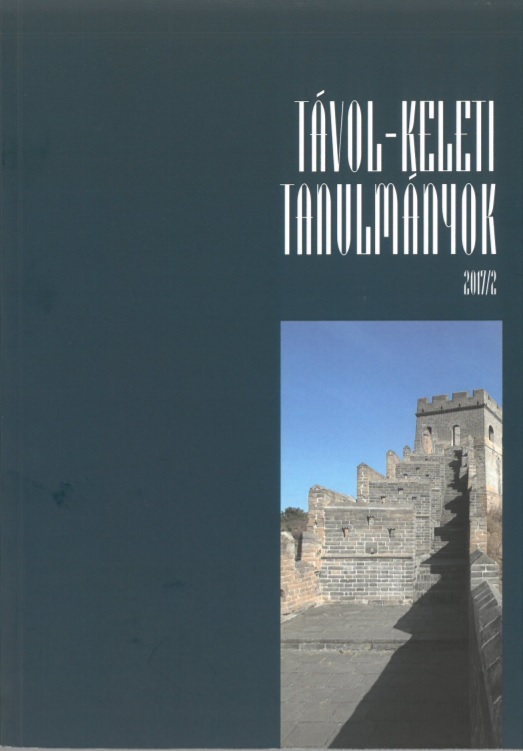Megjelent 2018-10-01
Hogyan kell idézni
Copyright (c) 2018 a szerző(k)

This work is licensed under a Creative Commons Attribution-NonCommercial 4.0 International License.
Absztrakt
The 19th-century Norwegian playwright, Henrik Ibsen had an unparalleled, posthumous impact on the development of modern Chinese drama. How is it possible that he could influence the literature of a country so remote in space and so different in its literary traditions? History is a key factor in this story. Early 20th century China was at the threshold of taking radical measures in reforming its society, and she was badly in need of a supporting ideology. Ibsen was a thinker and dramatist who, by means of presenting acute social problems in his plays, deeply influenced the society of his age. He did so in a realistic way and with the help of a clear language, both of which factors extremely appealed to modern Chinese intellectuals. It can be stated that it was to a great extent through Ibsen’s plays, most importantly through Nora, that modern Chinese intellectuals discovered the long-range possibilities lying in the adoption of Western dramatic form, namely, transforming minds. Nora stirred the pond water of Chinese society, and came to symbolize the rebellion of the ‘Free Individual’: something that had no precedent whatsoever in China but what has long been in the air. Modern Chinese playwrights began to imitate Ibsen with great fervour, resulting in the flourishing of the social problem play, featuring brave and modern ‘Chinese Noras’. Although advanced thinkers soon had to realize that the ideas of Ibsen cannot simply be adopted but must first be modified to be able to credibly represent contemporary Chinese social, cultural and moral reality, the ‘Nora-phenomenon’ and Ibsenism played a vital role in setting off the literary and cultural reform in early 20th-century China.
